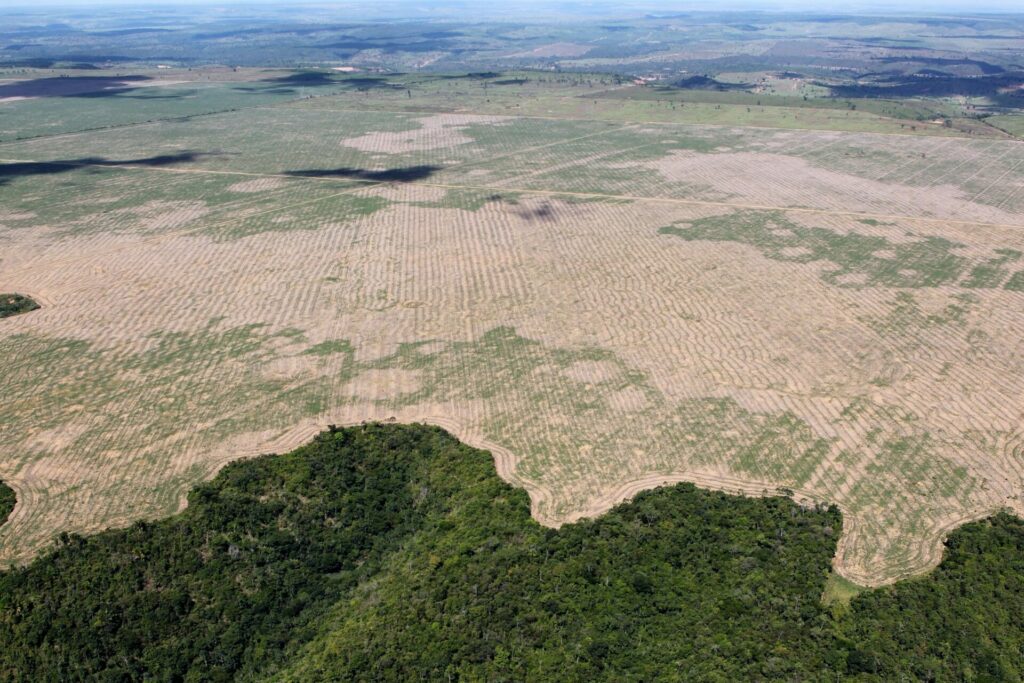The UN's top environment official has warned that humanity is "at war with nature" and now stands on the brink of a "biodiversity apocalypse".
"As far as biodiversity is concerned, we are at war with nature," Inger Andersen, the Executive Director of the United Nations Environment Programme, told The Guardian. "We need to make peace with nature… the science is unequivocal."
Andersen further listed what she described as "the five horsemen of the biodiversity apocalypse", namely: overexploitation, land-use change, pollution, the climate crisis, and the spread of invasive species. She also noted that a related sixth danger, overpopulation, has the potential to cause "heavy damage" to our planet.
Citing the recent growth in world population beyond 8 billion, Andersen stressed the pressure this will put on world ecosystems. In a speech delivered on Monday, she exhorted world leaders and citizens to take immediate action to address biodiversity loss: "Our planet, and therefore humanity, is in deep, deep trouble."
Interconnected challenges
Andersen was speaking on the eve of the COP15 Biodiversity Convention in Montreal, which from Wednesday 7 to Monday 19 December sees national delegations and environmental experts search for binding international agreements to protect nature reserves, prevent overfishing, and limit the impact of invasive species.
"We need to understand that what is good for biodiversity is good for climate and what is good for climate is good for biodiversity," Andersen said in a recent interview. "What is driving these two crises... is our unsustainable consumption and production, so we need to flip that."
The UN environment official also suggested that one of COP15's goals — namely, getting countries to commit to protecting 30% of the Earth's land and sea by 2030 — would by itself be insufficient to properly preserve our planet's rapidly decreasing (but still extraordinary) biodiversity. She stressed it is not a question of picking and choosing individual proposals but of recognising the our impact on biodiversity close to us, whether that is "in our farms and fields, in our backyards, in our cities, on our balconies."
Related News
- Brazilian Amazon: Crimes against nature are also crimes against humanity
- Belgium’s forests are not an option for firewood
According to a much-cited 2019 UN report, our planet is currently experiencing an "unprecedented" decline in species and ecosystems. Echoing Andersen's more recent remarks, the report called for a "transformative" change in humanity's basic relationship to nature.
"The health of ecosystems is deteriorating more rapidly than ever," said the study's chair, Sir Robert Watson. "We are eroding the very foundations of our economies, livelihoods, food security, health and quality of life worldwide."
"Through 'transformative change', nature can still be conserved, restored and used sustainably... By 'transformative change', we mean a fundamental, system-wide reorganisation across technological, economic and social factors, including paradigms, goals and values."

